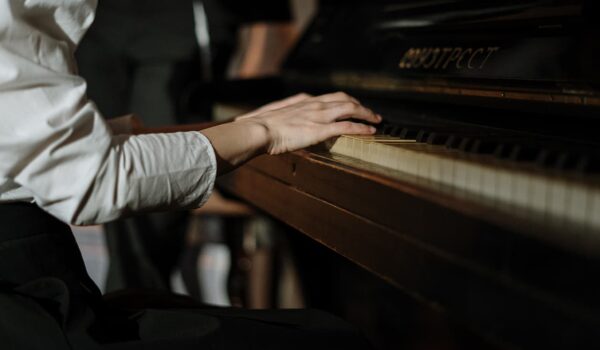Detoxification from modernity is what they call playing the piano. It’s a pleasant pastime after a tiring day at work, and it’s also a way of self-expression that boosts self-esteem. Spending time playing a musical instrument is also beneficial because it makes the brain younger, according to a study by researchers at the University of Texas.
There are a lot of music lovers who see themselves as Chopin, Ezio Bosso, or Jim Brickman in their hearts, but have not yet sat down at the keys. And many of them would definitely like to join the celebrity cohort. But how long does it really take to master the piano and how can you learn to play it quickly?
The key is systematic approach
The main thing in this business is to buy a piano first so that you have something to practice on. You can learn a simple melody in just a few days. But you won’t be able to play classical pieces right away, nor will you be able to improvise. That’s because the instrument is academic, serious, unlike others that emerged from folk music and are designed for simple motifs. Take the guitar, for example.
Lessons can be short – only 15-30 minutes, but regular, every day. They should not be longer, because you may get tired. In addition, a small amount of information is absorbed much better.
The problem is “joining hands”
The most difficult part of playing the piano is “joining” your hands. This process is compared to when a person tries to draw a circle with his or her right hand and a square with his or her left.
Professional musicians advise beginners to start learning simple melodies right away, but with both hands. It will take at least a few months to develop this skill, and it won’t happen any faster.
Theory first
It’s impossible to learn to play by just poking at the keys. This will only slow down the process. Therefore, along with mastering the instrument, you need to study the theoretical part and learn music notation. In particular, studying this discipline will help you to easily and quickly make pieces by ear, improvise, and compose your own compositions. In addition, you will come to understand the structure of music.
But there is good news. If an adult starts learning music, he or she succeeds faster than a child. It’s all about motivation, which is less in childhood.

